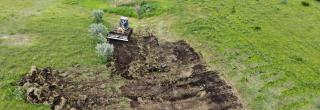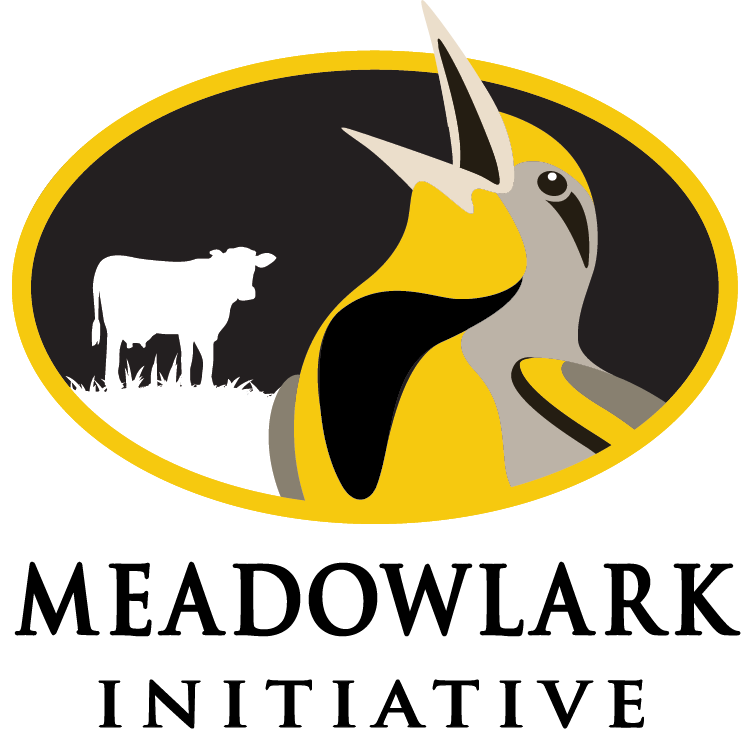
Prairie Wetlands
Wetland restoration is the rehabilitation of a drained or degraded wetland or the reestablishment of a wetland so that soils, hydrology, vegetative community, and habitat are returned back to the natural condition that existed prior to modification. Wetlands are restored by returning hydrology and plants to areas that were formerly wetland or degraded wetland. Hydrology of pothole wetlands can be restored by ditch plugs, screw gates, stop logs and other structures. Sediment removal is an important aspect of wetland restoration. Accumulated sediments reduce wetland depth and increase nutrient loading, allowing for cattail domination. Wetlands that are too wet to be seeded should be left to revegetate on their own. Other wetland sites should be planted to diverse mixes of vegetation adapted to wet soils.
Wetland enhancement is the rehabilitation or reestablishment of a degraded wetland, and/or the modification of an existing wetland, which augments specific site conditions for specific species or purposes.
Benefits
- Benefits
- Increased water infiltration
- Improved water quality
- Reduce flooding
- Increase wildlife habitat
- Decreased soil washouts and erosion
Learn More
To learn more about these programs, please fill out and submit the contact request form below. Your information will be forwarded to the appropriate partner(s) who will contact you to discuss how their programs might assist you.
Prairie Wetlands Partners
• USDA-NRCS • US Fish and Wildlife Service • ND Natural Resources Trust


